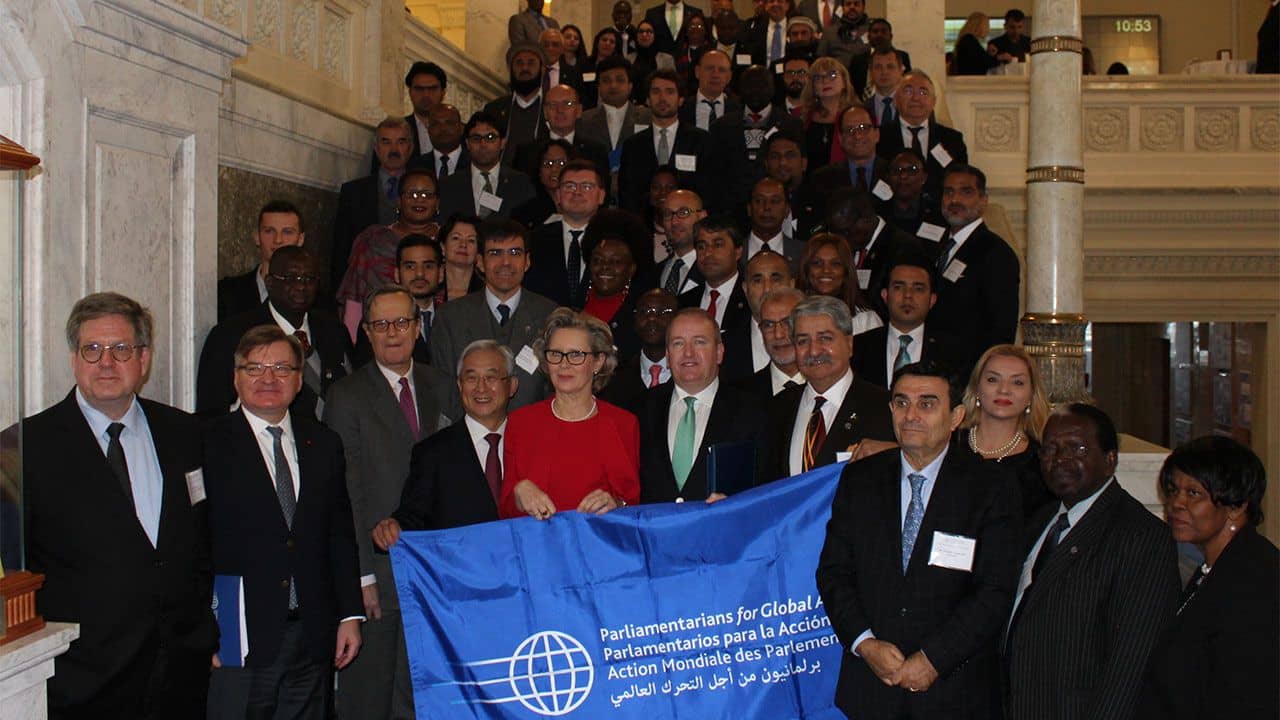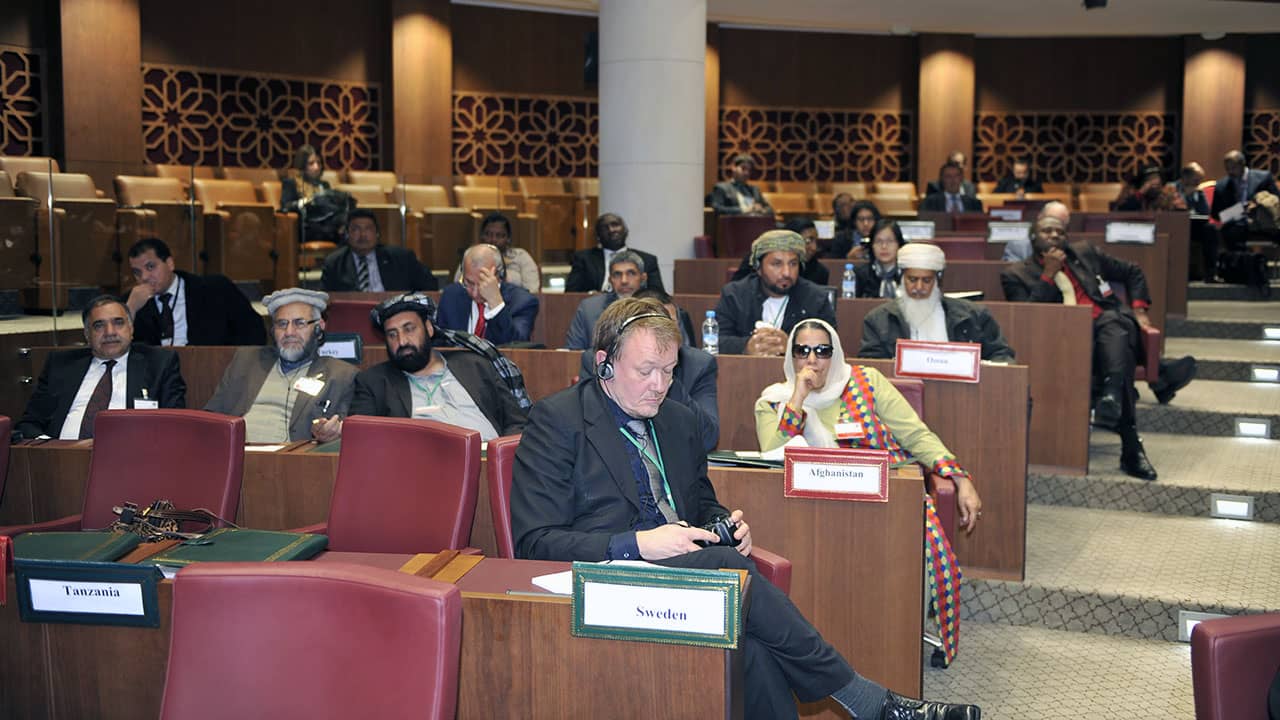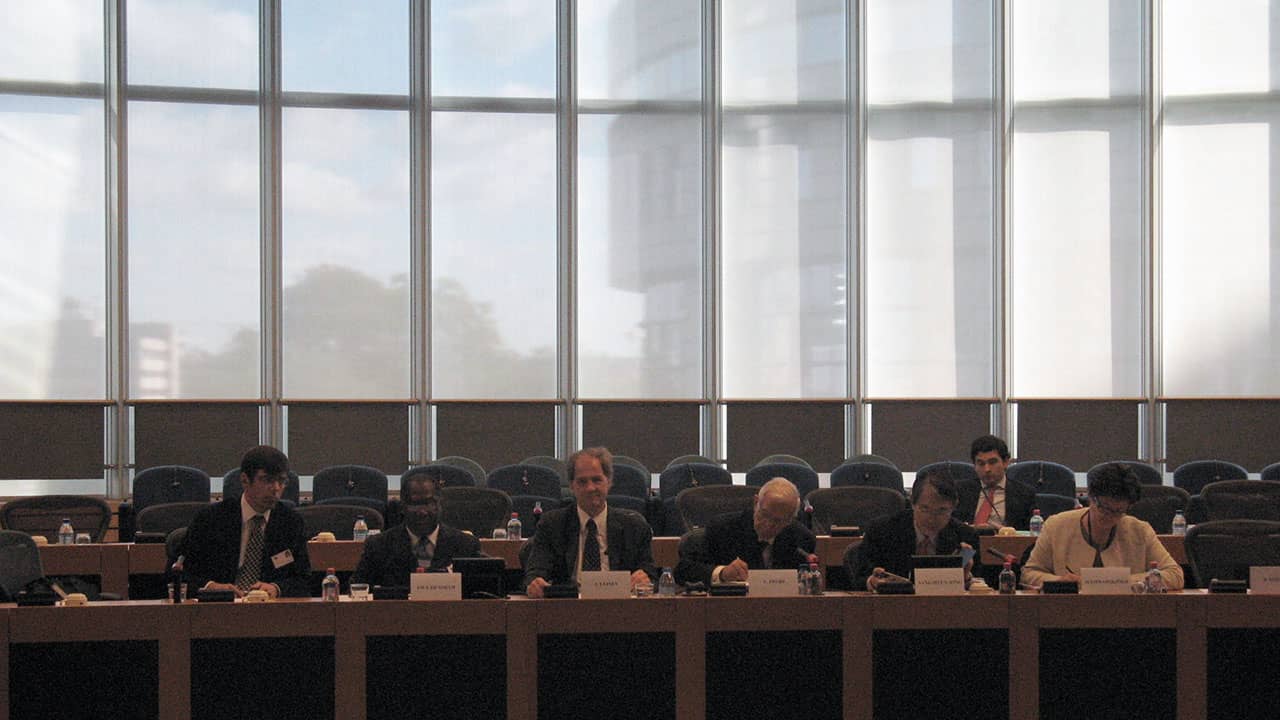Rome Statute
The Cabinet of the Transitional State deposited the accession note to the United Nations on 10 February 2003.
Afghanistan has not yet ratified the Amendments to the Rome Statute adopted by the 2010 Review Conference that met in Kampala, Uganda, on the crime of aggression and on the use of certain weapons in armed conflict not of an international character.
Implementation Status
The 1976 Criminal Code: does not contain international crimes, not even war crimes. The Afghanistan Independent Human Rights Committee (AIHRC), in its 2003-2004 Report, recommended incorporating the definitions of war crimes and crimes against humanity in the Afghan legal order. Accordingly the AIHRC reported to have submitted to the Judicial Reform Commission translations of the Rome Statutes and implementation legislation for the ICC from Great Britain, Germany and Canada. In its 2006 report, the AIHRC indicates that through its Transitional Justice Unit was mandated to draft the law on the implementation of the Rome Statute. This draft may have been presented to the government, but without Cabinet and Presidential approval cannot be yet submitted to the Loya Jirga for consideration.
No further information exists concerning the draft or the timeline to submit it to national procedures for adoption, although NGOs report that the Rome Statute and the Rules of Procedure and Evidence have been translated into Dari.
The 2007 National Stability and Reconciliation Law grants legal and judicial immunity (amnesty) to "[a]ll political parties and belligerent groups who fought each other during the past two and a half decades". But the "Action Plan for Peace, Reconciliation and Justice in Afghanistan" of June 2007, states that the commission of international crimes "does not fall into the scope of amnesty on the basis of the principles of the sacred religion of Islam and internationally accepted standards". Nevertheless, this controversial amnesty measure was published in the Official Gazette of Laws dated December 2008 that was circulated only in January 2010, spurring a vehement reaction from national and international NGOs - see, for all, Human Rights Watch's pivotal statement.
President Karzai's decision to sign into law this legislation that violates the fundamental right to redress for victims of gross human rights violations may constitute evidence of unwillingness and inability of the Afghan legal order to put an end to impunity.
Signature and ratification status of the Agreement on Privileges and Immunities (APIC)
Afghanistan has not acceded to the APIC.
ICC Investigations
On 20 August 2008, in a Press Release on the analysis of the situation in Georgia, the Prosecutor publicly shared that "other situations under analysis by the Office include Colombia, Afghanistan, Chad, Kenya and Cote d'Ivoire".
On 8 October 2008, in The Hague at a briefing with Diplomats, the Prosecutor indicated that ''the Office awaits a reply to a request sent to the Government of Afghanistan seeking further information in relation to alleged crimes committed on that territory.''
Also, on 19 October 2008, in an interview on Darfur and Georgia with Al Arabiya media, the ICC prosecutor declared Afghan war crime investigations were to be opened.
On 30 October, at the closed meeting in Santo Domingo, the Prosecutor indicated that he had received no response to his inquiries for further information concerning alleged crimes under his jurisdiction occurring in Afghanistan. He expressed that he needs such information to progress in his analysis.
Finally, on 14 November 2008, in The Hague, while addressing the Assembly of States Parties of the ICC, the Prosecutor stated that ''[his] Office requested information to the Afghan Government and Afghan human Rights Bodies, and two weeks ago had met with an Afghan delegation to foster support to the Office Activities'.
For progress on the investigation of the situation in Afghanistan see ICC OTP Weekly Briefings.
Progress and PGA Action
PGA is currently working with its members to inquire the government and Human Rights Commission on the status of the draft to be prepared to incorporate ICC crimes into national legislation.
In 2006, 2008 and 2014, Afghan MPs participated in the IV, V and VIII sessions of PGA's Consultative Assembly of Parliamentarians for the ICC and the Rule of Law respectively held in Tokyo, Santo Domingo and Rabat respectively.
On April 14, members of PGA signed an Open Letter to the the President of the Islamic Republic of Afghanistan.
For more information contact: Ms. Leyla Nikjou leyla.nikjou@pgaction.org













